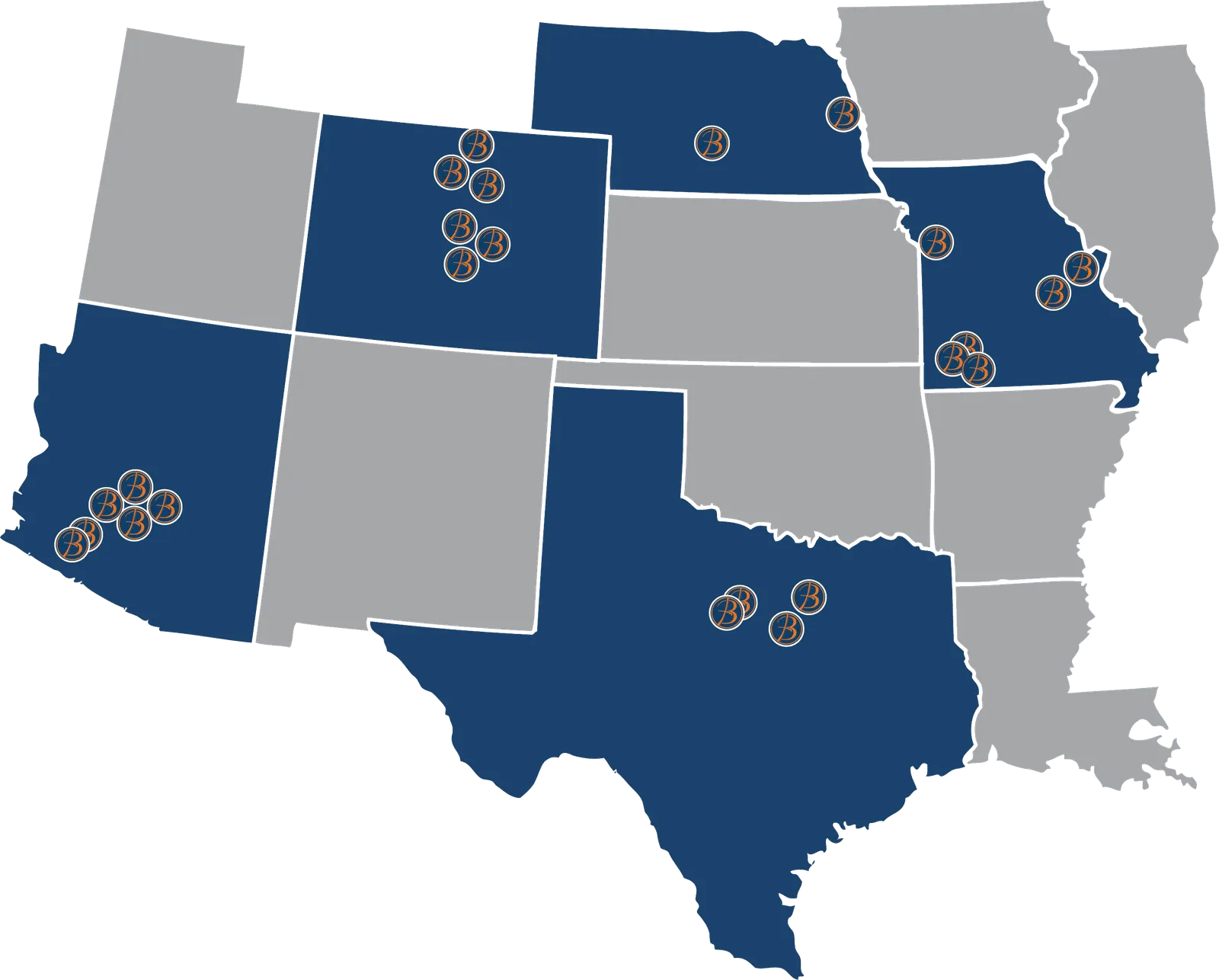In his sermon on the mount, Jesus tells the multitude, "Don't think that I came to abolish the Law or the prophets; I did not come to abolish, but to fulfill." (Matthew 5:17) The gospel is littered with examples of Jesus not only directly quoting the Old Testament but also effectively bringing it to fruition through his teachings and miraculous signs. In doing so, his divine origins and destiny as the Messiah and only Son of God became undeniable; for centuries, biblical scholars have agreed that Christ indeed fulfilled "every jot and tittle of the Law" (v. 5:18), from the town of his birth to his dying words on the cross. Here's an in-depth look at three times Jesus quoted the Old Testament and completed God's ultimate plan for reconciliation and redemption.
"For I desire faithful love and mercy, not sacrifice; the knowledge of God rather than burnt offerings."
— Hosea 6:6
Today, believers around the world know Matthew as one of the original 12 disciples of Christ and the author who kicks off the New Testament. When Jesus met him, however, he was a mere tax collector in the midst of his duties. Jesus called upon him to leave his empty life behind and follow him, changing his name from Levi to Matthew.
Shortly thereafter, in Matthew 9, Jesus and his disciples sat down to eat with "many tax collectors and sinners" (v. 10). This definitely rubbed the Pharisees and teachers of the Law the wrong way; tax collectors were viewed by the Jews as traitors to their people — greedy men in the employ of the Roman Empire who oppressed their fellow Israelites in the name of personal profit. "Why does your teacher eat with the tax collectors and sinners?" they asked the disciples.
Overhearing, Jesus answered for himself. "It is not those who are well who need a doctor, but those who are sick. Go and relearn for yourselves what this means: 'I desire mercy, not sacrifice.' I didn't come to call the righteous, but sinners."
These words were originally written by the prophet Hosea almost 800 years earlier during the reign of King Jeroboam in Israel. The verses immediately following it are an amazingly accurate depiction of the hypocrisy Jesus saw in the Pharisees and criticized: "But they, like Adam, have violated the covenant; there they have betrayed me. Gilead is a city of evildoers, tracked with bloody footprints... They commit atrocities. I have seen something horrible in the house of Israel." (Hosea 6:7-10)
"The Spirit of the Lord God is on me... He has sent me to heal the brokenhearted." — Isaiah 61:1
Shortly after fasting for 40 days and nights in the wilderness and being tempted by the devil, Jesus returned to Galilee "in the power of the Spirit, and news spread about him throughout the entire vicinity." (Luke 4:14) He entered the synagogue in his hometown of Nazareth on the Sabbath day and read to the congregation from the prophet Isaiah, chapter 61: "'The Spirit of the Lord is on me, because he has anointed me to preach good news to the poor... to set free the oppressed, to proclaim the year of the Lord's favor.'"
When Jesus was finished reading and rolled up the scroll, every eye in the synagogue was fixed upon him. (Luke 4:20) As he took his seat, Jesus told them, "Today, as you listen, this Scripture has been fulfilled."
Amazed by the confidence and authority of his words, the people began talking amongst themselves, saying, "Isn't this Joseph's son?" Enraged, they drove Jesus from the town and even attempted to throw him off a cliff, but he simply "passed right through the crowd and went on his way." (v. 30)
"Truly I tell you," he said, "no prophet is accepted in his hometown."
"They do not know or understand; they wander in darkness... I said, 'You are gods; you are all sons of the Most High.'" — Psalm 82:5-6
During the wintertime Festival of Dedication, Jesus wandered through Solomon's Colonnade teaching. In John 10:30, he makes the bold statement, "I and the Father are one." The surrounding Jews who heard him were furious and immediately began picking up rocks to stone him (not for the first time). Jesus calmly asked, "For which of the good works from God that I have shown you are you stoning me?" (v. 32)
The people replied, "We aren't stoning you for a 'good work,' but for blasphemy! Because you, being a man, are trying to make yourself God!"
Jesus responded with Psalm 82: "Isn't it written in your law, 'I said, you are gods?' If he referred to those whom the word of God came to as 'gods,' — and the Scripture cannot be broken!— how can you say I am blaspheming because I call myself the Son of God?"
Jesus understood the Scriptures differently than the people who surrounded him; his connection with God's Word was deeply interwoven not only with his upbringing but with his destiny and mission as the Messiah. Because of his ultimate fulfillment of the Law in his death and resurrection, you can now have life through him. At Broadmoor Court, we encourage our residents to follow in the footsteps of Christ by developing their own intimate, personal relationship with God's Word as well.

2045 Roanoke St.
Colorado Springs, CO 80906
Sales & Marketing: (866) 928-5321
Reception Desk: (719) 471-2285


